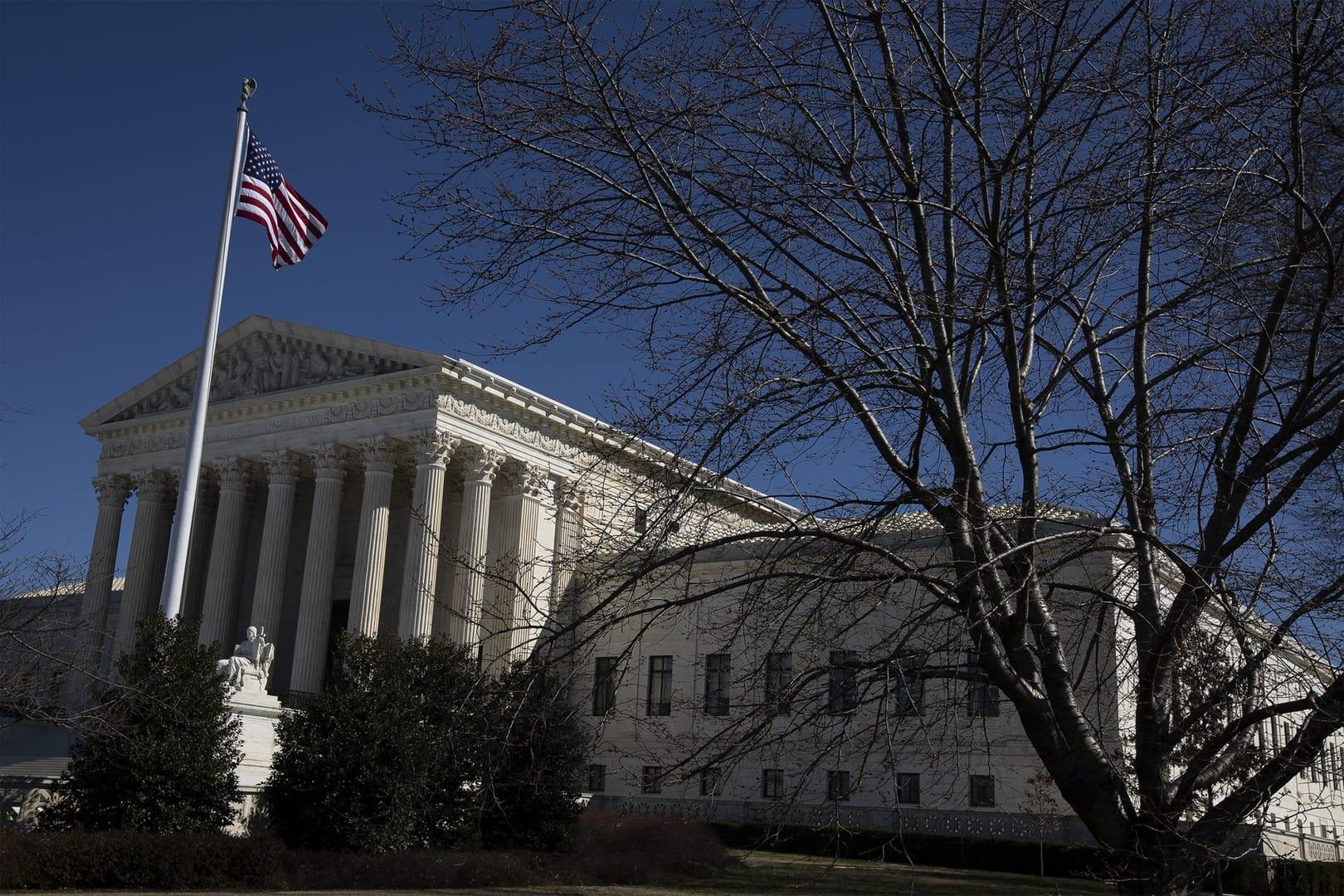WASHINGTON, D.C. — The video begins with a nurse named Sol, a beneficiary of the Deferred Action for Childhood Arrivals, or DACA program, who was brought to the United States at age 9.
Today, she is a registered nurse, and one of 27,000 beneficiaries of the program that allows young adults who were brought into the United States illegally as children the opportunity to work in the U.S., and exempts them from deportation, if they meet certain criteria.
That significant population, serving in U.S. hospitals, including emergencies wards as Sol does, is key in fighting the current coronavirus pandemic, argue supporters of DACA beneficiaries known as “Dreamers.”
Some ask that an imminent Supreme Court decision that will determine whether the program can continue be delayed or side with the recipients who don’t just work as nurses or doctors but are vital in the daily operations needed in U.S. hospitals and other places that are keeping the U.S. going in the middle of a pandemic.
“We are stronger and safer thanks to the contributions of Dreamers and other immigrants providing essential services to our communities and the economy at this difficult moment,” said Candy Marshall, president of the organization TheDream.US, which describes itself as the nation’s largest college access and success program for immigrant youth in this country without documents.
In a statement issued March 27, Marshall said the 27,000 DACA recipients nationwide “are serving as health care workers and many are on the frontlines of our national pandemic response and containment efforts.” But the decision would affect 700,000 who benefit from DACA nationwide.
One of them is Sol the nurse, who says in the video the organization issued, that “DACA has made us resilient, has made us resourceful,” and it’s those skills the country needs most right now, the organization said.
“We are all in this fight against COVID-19 together and should recognize that including DACA recipients and other immigrants in ongoing recovery and containment efforts is both the right thing to do and the smart thing to do,” the statement said.
It also notes that U.S. Citizenship and Immigration Services offices are not open because of the coronavirus and are not processing DACA renewals, putting many of the young migrants, and therefore the health system, in a precarious situation.
They also argued for the protection of those with Temporary Protective Status program, or TPS, a program that grants a work permit and reprieve from deportation to certain people whose home countries have experienced natural disasters, armed conflicts or exceptional situations, so they can remain temporarily in the United States.
“The Supreme Court should delay an announcement on the pending DACA case and (U.S. Department of Homeland Security) and lawmakers should work together to ensure that DACA and TPS status can be extended,” the organization said.
Faith leaders, including many from Catholic organizations, joined in the calls for a delay of the high court’s decision expected no later than late June.
Justices will weigh whether President Donald Trump had the authority to rescind DACA by executive order. It was implemented in 2012 by an executive order from President Barack Obama. While the program does not provide legal status for youths to the country without legal permission as children, it gives them protection as long as the applicants meet certain criteria.
Trump rescinded stopped the program in 2017, and his action was challenged in the lower courts and the case is now before the high court.
Giovana Oaxaca Najera, government relations associate at Network, a Catholic social justice lobby, is a DACA recipient and addressed the current pandemic and the role of DACA beneficiaries in health care in a statement issued by the Home is Here Coalition March 27.
“In the midst of a national emergency, and at a time when so little is certain about the scale of the public health crisis, a decision on DACA now would be incomprehensible and immoral,” the statement said. “It would jeopardize the life and livelihood of not just DACA recipients, but communities all over. The crisis has brought into sharp relief the inequities in access to health care and assistance available to marginalized communities, and especially immigrants.
“The Supreme Court must take into consideration the full repercussions and consequences of a decision at this time.”
Jose Arnulfo Cabrera, director of education and advocacy for migration at the Ohio-based Ignatian Solidarity Network, who also is a DACA recipient, said in an interview March 27 with Catholic News Service that the lack of certainty is putting even more pressure on those who are already sacrificing so that the country can carry on during the pandemic.
He said he recently spoke with a fellow DACA recipient from Los Angeles who is still in school but works as an emergency medical technician.
“She went to various hospitals picking up elderly patients that were discharged from the ER and transported them safely to various skilled nursing facilities, hospitals or their homes, where they’d be safer from COVID-19,” he said.
And given the closure of offices, which could affect the renewals of their permits, “we urge the Supreme Court to delay he decision until the (pandemic) is over,” he said.
There also are many other immigrants in a variety of situations, such as keeping hospitals and other facilities clean, and all are risking their lives and contributing to the country, he said,adding their efforts should be recognized.
Crux is dedicated to smart, wired and independent reporting on the Vatican and worldwide Catholic Church. That kind of reporting doesn’t come cheap, and we need your support. You can help Crux by giving a small amount monthly, or with a onetime gift. Please remember, Crux is a for-profit organization, so contributions are not tax-deductible.
















